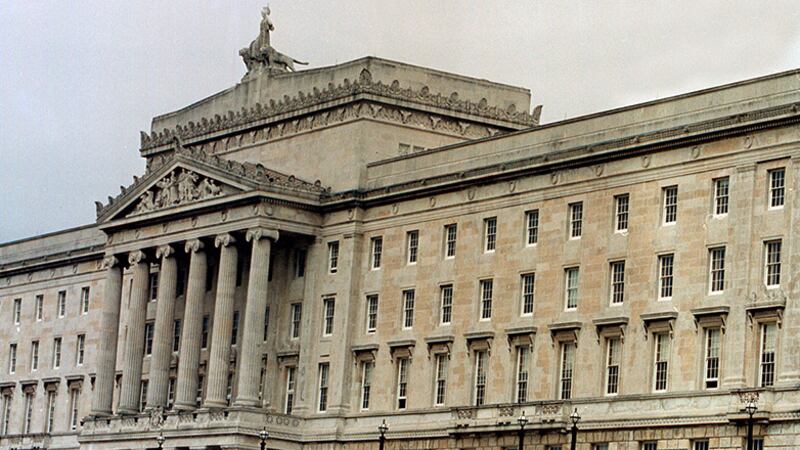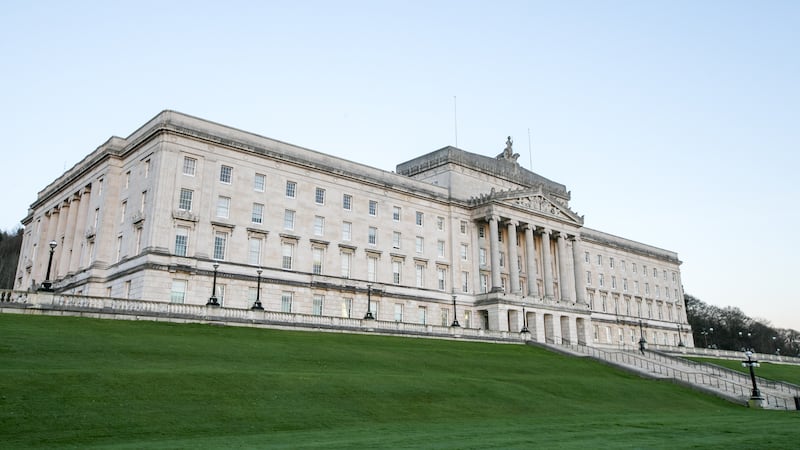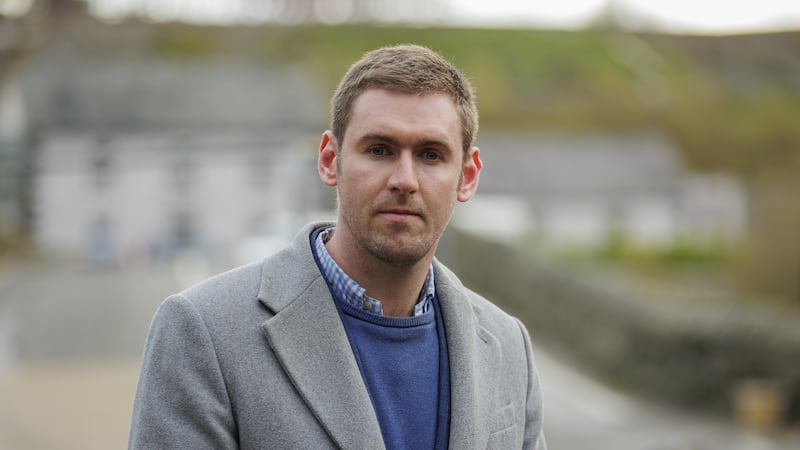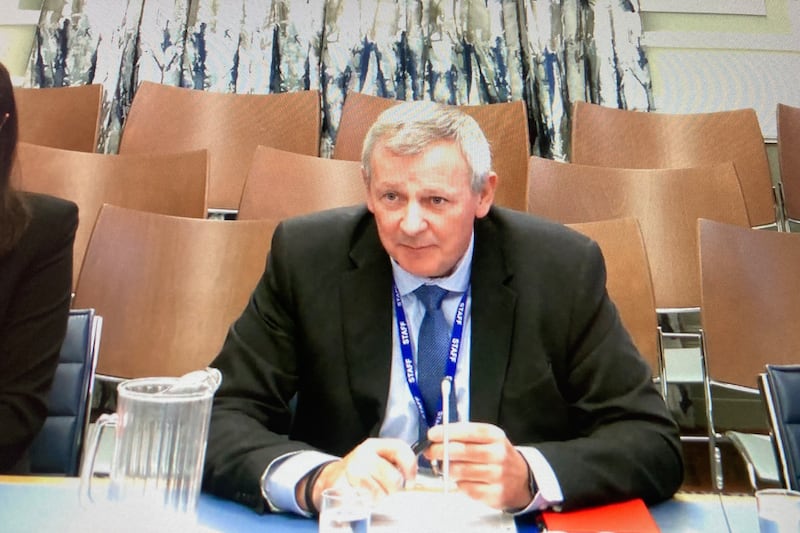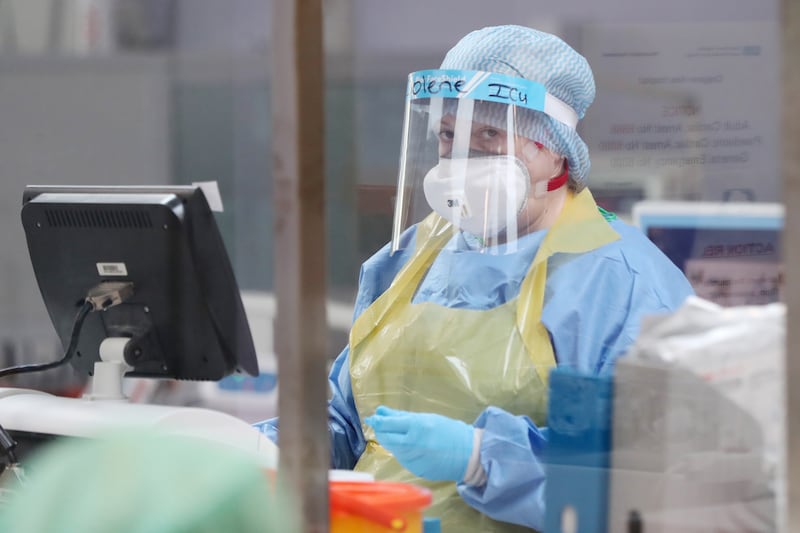PROPOSALS to radically change how MLAs claim expenses are being put forward.
The Independent Financial Review Panel (IFRP) wants to replace the present system with three new allowable expenses for constituency offices, travel and employment support expenses. There are also plans to cap some claims.
The panel also proposed a ban on flags, party emblems and memorials at MLAs’ offices.
Pat McCartan, chairman of the IFRP, said: “The panel is committed to ensuring that the rules and finances relating to members’ salaries and allowances remain fair, workable and transparent as well as representing value for money.
“There has been a high degree of interest in members’ expenses and the people of Northern Ireland deserve to know that their money is being spent appropriately and in the best interests of creating a democratic society.”
MLAs receive a basic salary of at least £48,000 but politicians with added responsibilities are paid higher sums such as £86,000 for ministers and £60,000 for those holding committee chairmanships.
The first and deputy first ministers are paid £120,000 a year.
MLAs are also entitled to claim a maximum of £67,161 for office cost expenditure, provided they are not an MP.
If approved, the changes would mean a major overhaul of the administration and auditing processes. Mr McCartan said: “We are proposing some important changes to improve probity and value for money, make it easier for members to get the support they need and tackle those areas where we know there is real public concern.”
In January the IFRP reduced MLAs expenses by £1,000. The move followed confirmation that police were examining allegations about the alleged misuse of expense claims highlighted in two television documentaries.
The BBC Spotlight programmes shone particular focus on how representatives from the assembly’s two largest parties – the DUP and Sinn Féin – claimed money over the past decade.
Both parties defended their actions and criticised the BBC coverage while the SDLP and Ulster Unionists also rejected claims made against some of their representatives.
Members of the public are invited to have their say on the changes through a consultation which will remain open until September. The panel said it expected to publish full proposals by December
